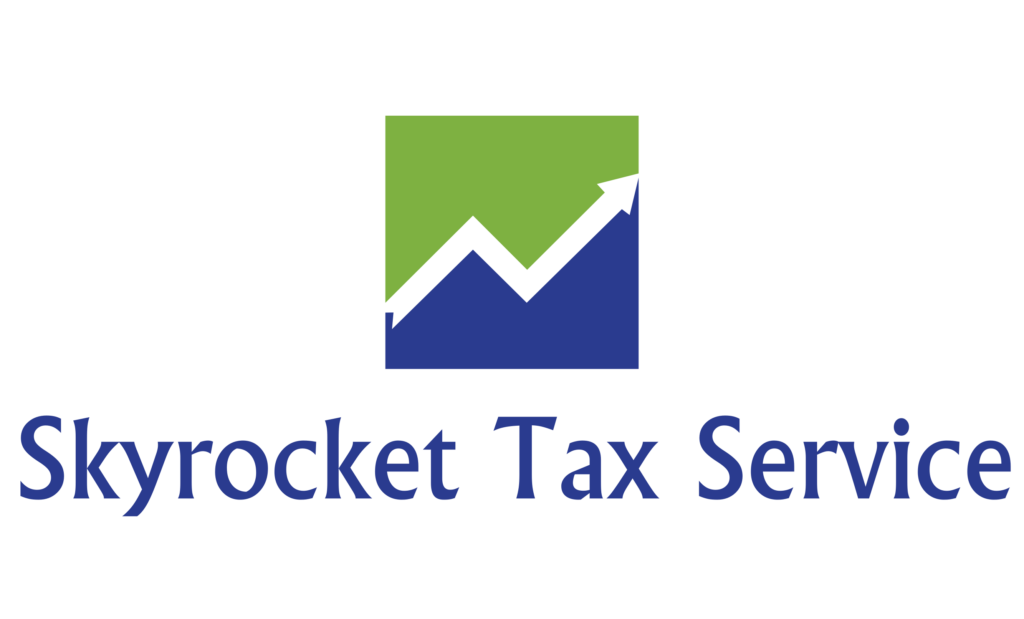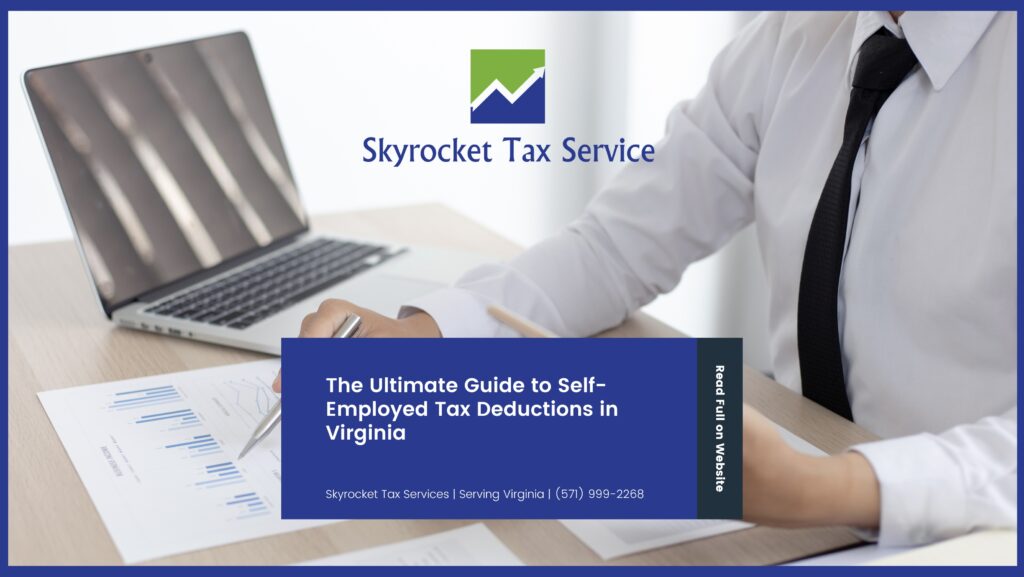Introduction:
For self-employed individuals in Virginia, understanding tax deductions is crucial for optimizing savings and maximizing financial well-being. In this comprehensive guide, we’ll explore key deductions available to freelancers and entrepreneurs in the state. By leveraging these deductions effectively, self-employed individuals can minimize tax liabilities and retain more of their hard-earned income.
Navigating Self-Employment Taxes in Virginia:
Before delving into specific deductions, it’s essential to grasp the fundamentals of self-employment taxes in Virginia. From income tax to self-employment tax, self-employed individuals face unique tax obligations that require careful planning and compliance. By familiarizing themselves with these tax requirements, freelancers can ensure accurate reporting and avoid potential penalties.
Exploring Key Tax Deductions for Freelancers:
Home Office Deduction:
Self-employed individuals who use a portion of their home exclusively for business purposes may qualify for the home office deduction. This deduction allows freelancers to deduct a percentage of their housing expenses, such as rent, utilities, and maintenance costs, based on the size of their home office relative to their total living space.
Strategy for Optimization: Maintain detailed records of home office expenses and accurately calculate the percentage of the home used for business activities to maximize deduction benefits.
Business Equipment and Supplies:
Freelancers often invest in equipment and supplies necessary for their trade, such as computers, software, and office supplies. These expenses can be deducted as business expenses, reducing taxable income and lowering overall tax liability.
Strategy for Optimization: Keep receipts and invoices for all equipment and supply purchases to substantiate deductions during tax filing. Consider leveraging section 179 depreciation or bonus depreciation for large equipment purchases to accelerate tax benefits.
Professional Services and Subcontractor Payments:
Self-employed individuals frequently enlist the services of professionals, such as accountants, lawyers, and subcontractors, to support their business activities. Payments made to these professionals are deductible as business expenses, providing valuable tax savings opportunities.
Strategy for Optimization: Maintain accurate records of professional service payments and subcontractor agreements to substantiate deductions. Utilize electronic payment methods and accounting software to streamline expense tracking and documentation.
Health Insurance Premiums:
Self-employed individuals in Virginia may deduct health insurance premiums paid for themselves, their spouses, and dependents as an adjustment to gross income. This deduction can significantly reduce taxable income and alleviate the financial burden of healthcare expenses.
Strategy for Optimization: Explore health insurance options available through professional organizations, trade associations, or health insurance marketplaces to find cost-effective coverage options. Keep detailed records of premium payments and eligibility requirements to support deduction claims.
Conclusion:
By leveraging these key tax deductions for self-employed individuals in Virginia, freelancers and entrepreneurs can optimize their tax outcomes and achieve greater financial stability. From home office expenses to professional services and health insurance premiums, exploring available deductions and implementing strategic tax planning can lead to substantial tax savings. Embrace these deductions to navigate self-employment taxes with confidence and maximize savings in the Commonwealth of Virginia.

